Property Asset Management: Key Steps for Optimising Your Investment Return in Hospitality
Hotel brands are a crucial element in any hotel investment strategy, playing a pivotal role in determining financial success. They offer consumer recognition, trust, and provide critical booking platforms and systems that significantly impact room revenue, often constituting up to 50% of total room revenue.
Investors can choose to acquire brands from recognised international or domestic chains or successful independent hotels, typically through franchise licence agreements or hotel management agreements with brand operators. However, it’s important to note that a brand’s primary focus is on short to medium-term room revenue delivery rather than formulating a strategic, long-term asset value growth plan.
The key to optimising return on investment lies in comprehensive property asset management. So, let’s look at how to optimise your investment return in hospitality with successful property asset management.
What is Property Asset Management and Why is it Important?
Property asset management, a dynamic process, is integral to the financial and reputational performance of a hotel property throughout its lifecycle. This method involves strategic property asset planning, implementation, and consistent monitoring of activities.
Professional property asset managers, like the team here at Axsia HTL, possess the expertise to set and execute these actions in alignment with the investor’s goals and market conditions.
Adding Value Through Property Asset Management
What does a property asset manager do? These figures are instrumental in adding value to a hotel investment in multiple ways:
Developing a Strategic Vision
Property asset managers analyse various facets, including the property’s strengths, weaknesses, opportunities, and threats. They assess the competitive landscape and customer segments, enabling them to define a clear and realistic vision for the property. Additionally, they outline objectives and strategies to achieve this vision.
Enhancing Operational Efficiency
Property asset managers oversee and evaluate the performance of the hotel operator to ensure they deliver expected service quality and customer satisfaction. They identify and implement operational improvements, encompassing cost reduction, revenue management, marketing and sales, human resources, and more.
Optimising Capital Expenditure
Property asset managers are responsible for planning and managing capital expenditure projects aimed at enhancing the property’s value. This may include renovations, expansions, upgrades, and other strategic initiatives. They also ensure that these projects are completed within the designated timeline, budget, and with minimal disruption to the property’s operations.
Maximising Asset Value
Property asset managers continuously monitor and adjust the asset value based on market trends and demand fluctuations. Furthermore, they provide advice on the best timing and terms for activities like refinancing, repositioning, or selling the property.
The Role of Hotel Brands in Investment Strategy
Hotel brands play a pivotal role in shaping the investment strategy of hotel properties. These brands are not mere names; they are powerful symbols of tradition, quality, consistency, and the promise of exceptional guest experiences.
They possess the ability to instill trust and recognition among consumers, making them a crucial element in a hotel’s investment journey. However, their contribution goes beyond the superficial aspects of logos and taglines.
Consumer Trust and Loyalty
When guests choose a hotel associated with a trusted brand, they bring a level of expectation based on previous experiences or the brand’s reputation. This trust is an essential factor in the decision-making process, often leading to higher occupancy rates and consistent patronage.
Hotel brands leverage their historical performance to build consumer loyalty, ensuring that guests return for future stays.
Revenue Generation
Hotel brands are not just a name on the building; they offer a comprehensive system that encompasses booking platforms, distribution channels, and marketing efforts. These systems are designed to drive room revenue, a significant portion of the total revenue for any hotel.
The seamless integration of these brand-provided systems and strategies ensures that the hotel can effectively fill its rooms, achieve competitive pricing, and maximise revenue potential.
Quality Assurance
For investors, the inclusion of a reputable hotel brand offers a level of quality assurance. Brands often have strict standards and quality control measures to maintain consistency across their properties.
Guests, therefore, know what to expect when choosing a brand-affiliated hotel, reducing the risk of unpleasant surprises.
Distribution Power
Hotel brands come equipped with well-established distribution networks, partnerships with online travel agencies, and international exposure.
This translates into increased visibility, both for direct bookings and through third-party platforms, ultimately resulting in higher room occupancy and revenue.
Operational Support
Hotel brands often provide operational support, including staff training, best practices, and access to reservation systems. This support enhances the efficiency of hotel operations and ensures that employees are well-versed in delivering a superior guest experience.
Collaboration is Key
While hotel brands offer numerous advantages, it’s important to recognise that their primary focus is typically on short to medium-term room revenue delivery. The broader strategic goals and long-term asset value growth plans fall beyond their immediate scope.
This is where property asset management comes into play, complementing the efforts of the brand and focusing on the holistic performance and value of the property over its lifecycle. The alignment of these two strategies, and the collaboration between parties, is instrumental in achieving optimal investment returns and positioning a hotel property for long-term success.
Investor Strategies for Property Asset Management
While investors with multiple hotel properties tend to employ in-house asset managers who recognise the value of property asset management for their investment returns, this may not be the case for those with smaller portfolios.
Some may not fully appreciate the benefits or may perceive property asset management as too costly, which is a common misconception that can potentially limit their returns.
Property asset management, however, is not exclusive to large portfolios and offers advantages for any hotel investor seeking to optimise their returns in the hospitality sector.
Various options for accessing property asset management services exist, including outsourcing to external consultants or partnering with specialised firms like Axsia HTL.
By embracing these services, hotel investors can augment their brand strategy with a comprehensive and strategic approach, ultimately enhancing property performance and value.
Unlocking the Potential: Property Asset Management Services
Now we know why asset management is so important in the complex world of hotel investments, let’s take a look at how we actually achieve it.
When performed correctly, property asset planning and management services emerge as the key to unlocking a hotel property’s true potential. At Axsia HTL, we specialise in providing tailored solutions that cater to the distinct needs of each property owner, which is exactly what good property asset management should look like.
A Partnership Built on Success
The foundation of our approach is the alignment of objectives with key stakeholders. By fostering a relationship-centric strategy, we consistently deliver market-leading returns. Our team’s profound understanding of operator brands, their value propositions, and the hurdles they face are pivotal in shaping our property asset management services.
Driving RevPAR Excellence
Revenue management, often defined by the balance between Average Daily Rate (ADR) and occupancy, plays a pivotal role in enhancing a hotel’s performance.
Our deep insights into this equilibrium allow us to craft strategies that result in robust Revenue per Available Room (RevPAR) figures, outperforming competitors and maximising profitability.
Our property asset management services encompass a comprehensive range of activities that can assist in your property ventures:
- Develop a vision statement: To align stakeholders and set a clear and achievable direction for the property.
- Review annual budgets and Capital Expenditure Planning: Ensuring that financial planning is not only realistic but optimised for asset growth and success.
- Key staff recruiting, onboarding, and appraisals: Assisting in acquiring and managing the right talent to steer the property toward its goals.
- Refinance and support asset valuations: Offering insights and guidance for timing and terms when it comes to refinancing or evaluating the property’s worth.
- Operational optimisation: Enhancing efficiency and effectiveness in hotel operations, including areas like restaurants, retail, and amenities.
- Sales and marketing: Crafting strategies that drive occupancy and revenue growth while maintaining the property’s unique appeal.
- Project management: Ensuring that property improvement and expansion projects are executed on time, within budget, and with minimal disruption.
- Contracts, deals, and negotiations: Expertly navigating the complex landscape of agreements to secure the best terms for the property.
- Renovation and repositioning Strategy: Identifying opportunities for renovation and enhancement, aiming for long-term growth.
- Grow revenue and enhance guest experience: Maximising revenue and guest satisfaction by going beyond room rates to include other services, such as F&B, spa, events, and more.
Achieving Consensus for Strategic Success
In the contemporary landscape, progressive asset managers play a crucial role in fostering consensus among investors, brands, and employees.
They possess an in-depth understanding of consumer demographics and their evolving requirements, focusing on engaging all stakeholders toward a common goal. Achieving consensus is pivotal, as no strategic plan can succeed without it.
Enlist a Property Asset Manager Today
Property asset management is an indispensable tool for optimising investment returns in the hospitality sector. It offers a holistic and strategic approach that compliments brand strategies, leading to improved property performance and value.
By embracing property asset management services, investors can gain a competitive edge and achieve their investment goals in the dynamic world of hospitality.
Contact us today to consult with our experienced Asset Managers, who can provide recommendations and a path forward to increase the value of your asset.


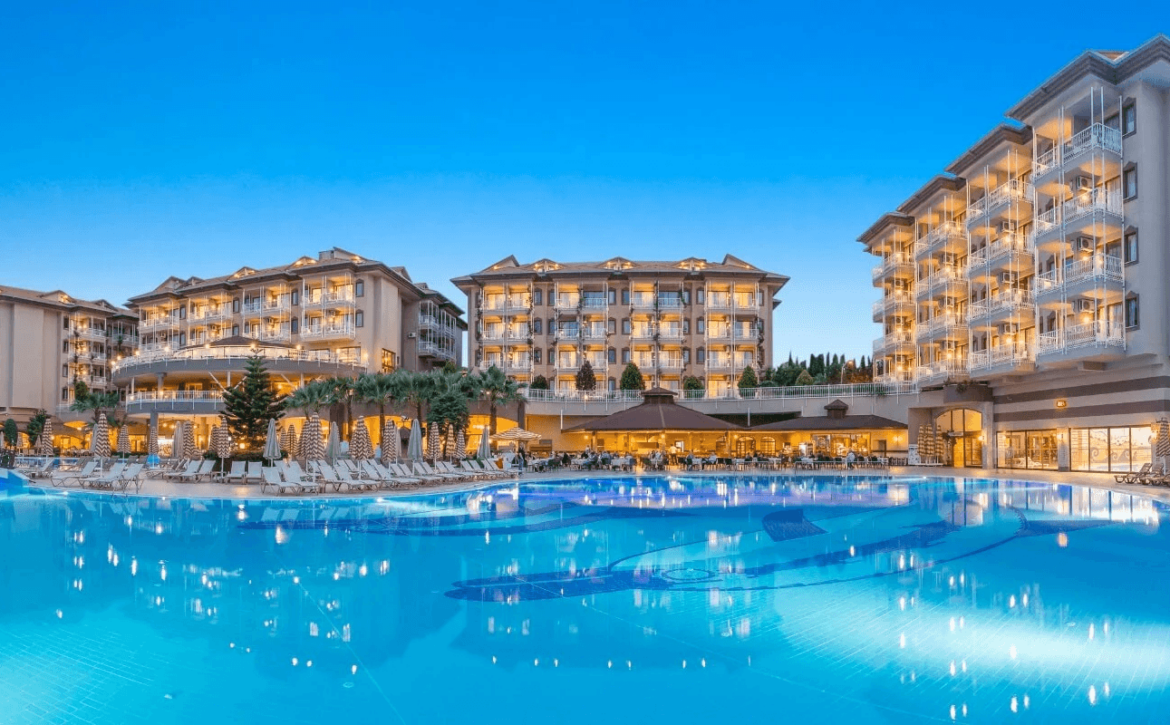


 Embracing Innovation
Embracing Innovation Adapt to the Future of Revenue Management With Axsia HTL
Adapt to the Future of Revenue Management With Axsia HTL
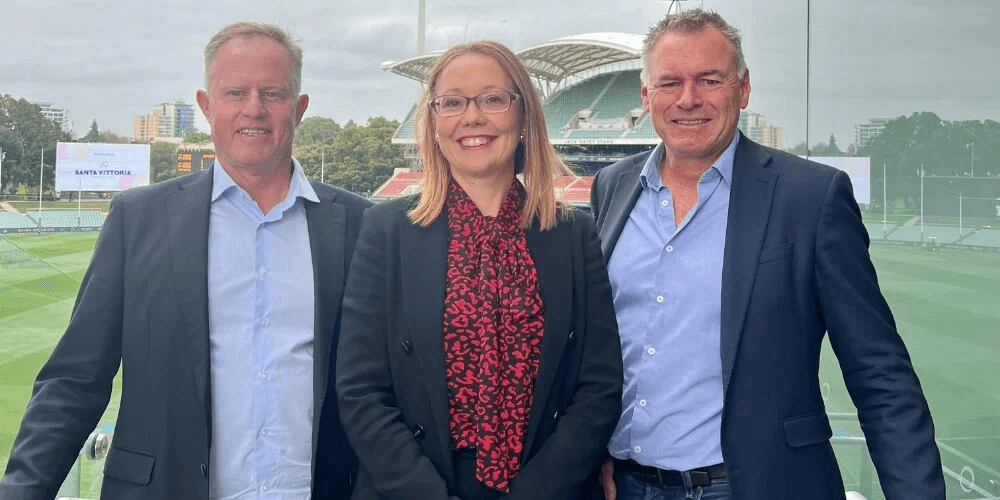
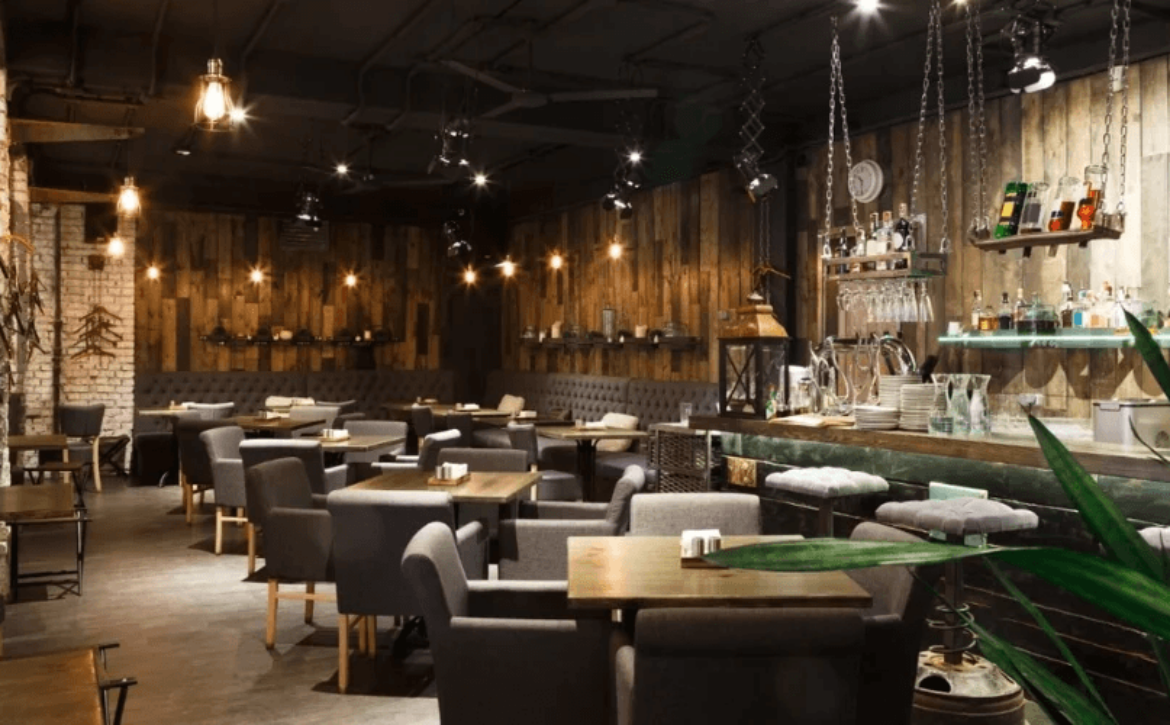
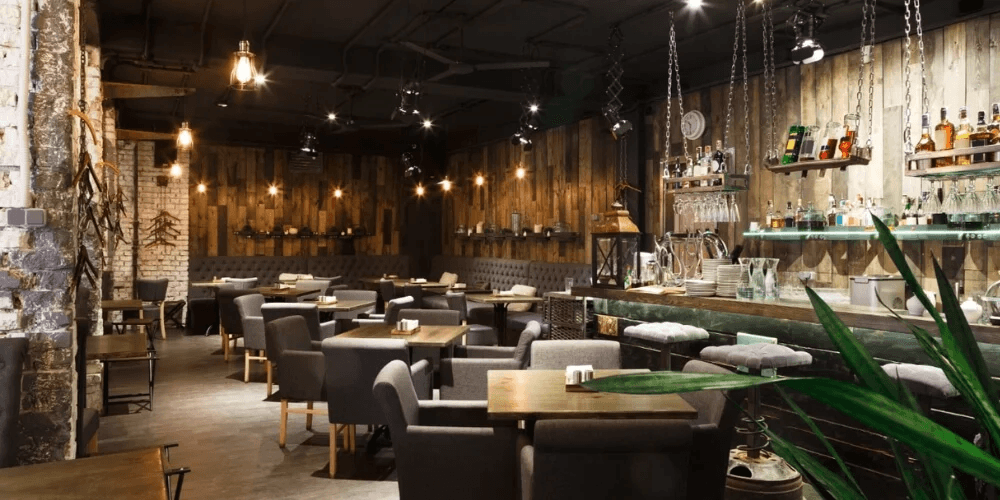
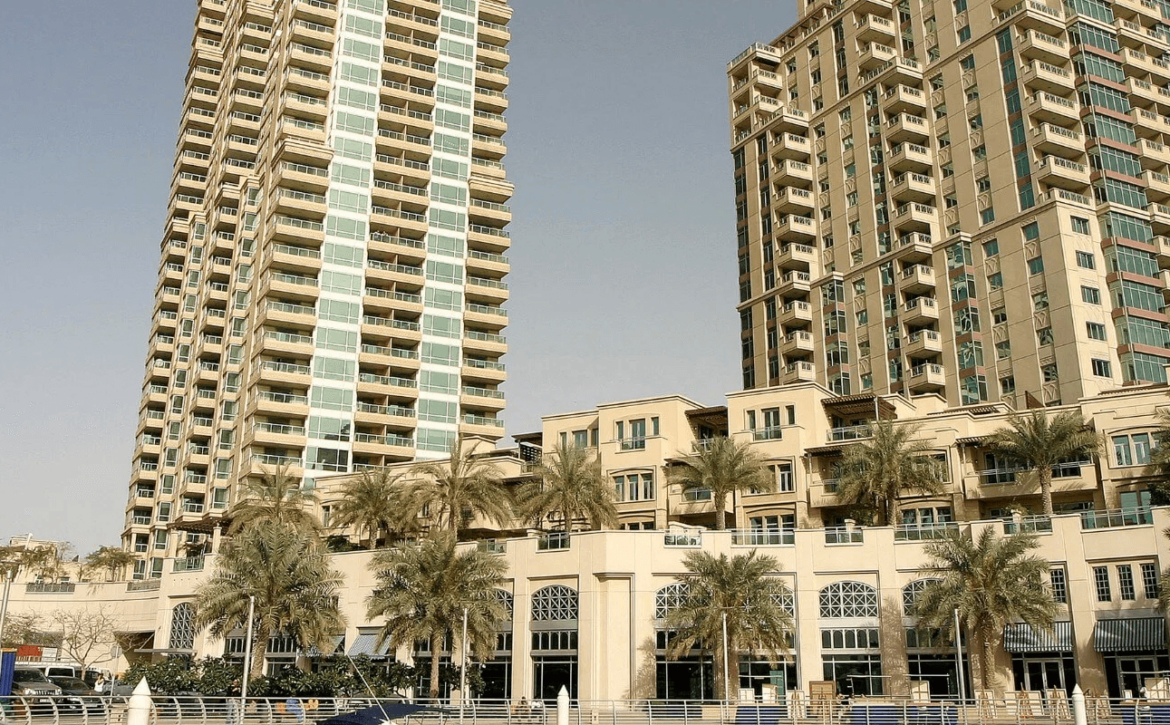


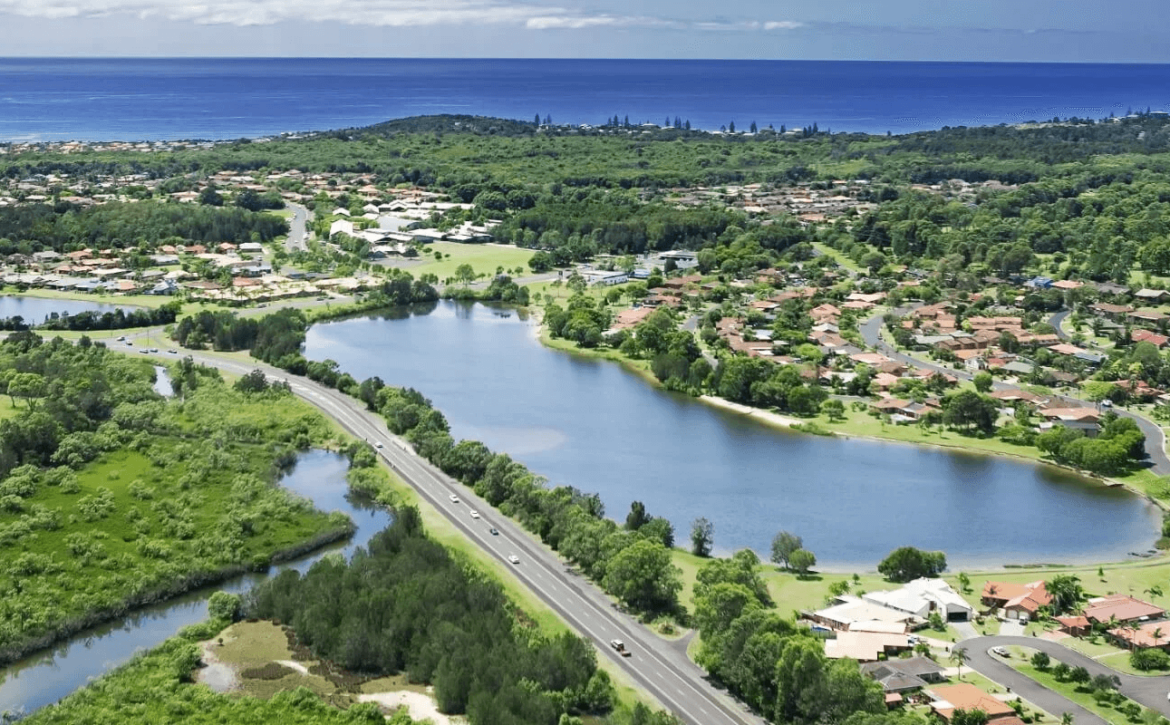
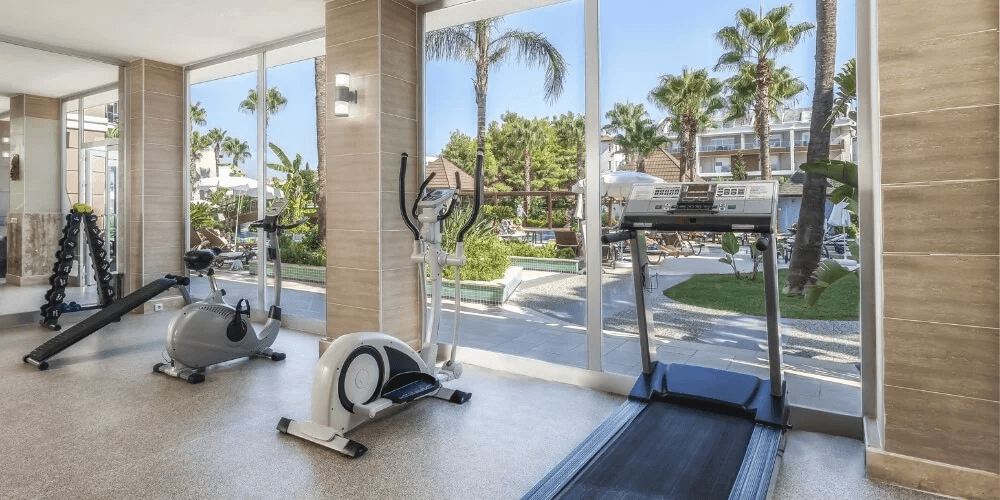 Determining the Product and Service Offering
Determining the Product and Service Offering
 Benefits of Following the Preparation Process
Benefits of Following the Preparation Process
 Collaboration and Alignment of Stakeholders
Collaboration and Alignment of Stakeholders
 Challenges and Risks of Hotel Franchising
Challenges and Risks of Hotel Franchising